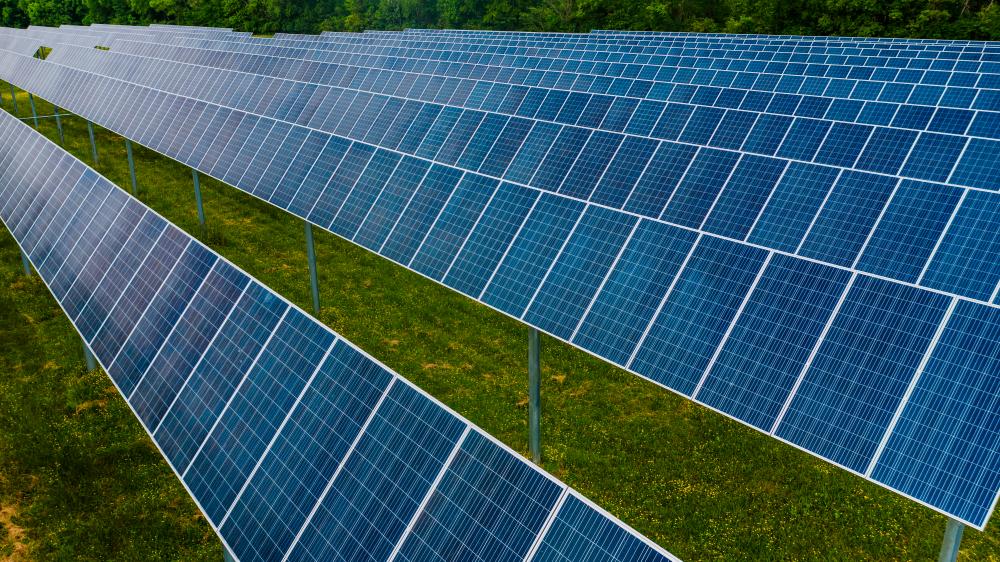PETALING JAYA: Public-private partnership efforts to reduce greenhouse gas emissions by 45% by 2030 in Malaysia is on track.
However, an environmentalist said the efforts are still not widespread enough, while another said an audit should be conducted on how energy, water and other resources are used.
Several interest group have called on businesses to invest more in green technology and programmes to ensure sustainability.
Even the Malaysian Employers Federation, which represents businesses, agree that companies can do more.
Its executive director Datuk Shamsuddin Bardan said businesses could start by putting more money in green technology.
He pointed out that the government has already introduced several initiatives to encourage businesses to make the effort to go green.
“For instance, under the Green Technology Tax Incentive introduced on Oct 25, 2013, there is an investment tax allowance for the purchase of green technology equipment or assets as well as an income tax exemption for green technology service providers,” he told theSun.
Shamsuddin added that the incentives open up a wide range of green technology possibilities for companies to venture into.
“It can include investing in energy efficient transformers, energy efficient appliances in buildings, electric vehicles, solar thermal systems, biomass combustion or gasification or combined heat power or an energy management system,” he said.
“In fact, companies could start by simply switching to LED bulbs that consume considerably less energy than incandescent ones.”
Several companies have invested substantially in efforts to reduce carbon emission in their operations or reduce energy consumption, some by designing buildings that emphasise using natural light and others by redirecting heat produced by air-conditioning units to water heaters.
CIMB Bank recently announced that it has installed photovoltaic solar cells at one of its buildings to reduce energy costs and promote sustainability.
A 2017 study by the Tun Hussein Onn University showed that the introduction of energy-efficient features could reduce spending on energy by up to 46%.
The study also showed that it takes only eight years to recoup a RM5 million investment to redesign a building to make it more
energy-efficient.
Centre for Environment, Technology and Development Malaysia chairman Gurmit Singh said while Malaysia is on the right track to reducing the intensity of carbon emissions, more can be done.
“Governmental statistics have revealed that we have already reduced the intensity by 30%, which is close to our target. However, more can be done.”
He said the use of carbon reduction technology has not been as widespread as many believe.
“The term ‘green technology’ itself is misleading. How does one define green technology and what is actually green technology? I believe very few large corporations agree with the idea of going ‘green’ due to the lack of seriousness,” he added.
Environmental non-governmental organisation (NGO) EcoKnights vice-president Amlir Ayat said the core consideration in sustainability evaluation is an entity’s management of natural resources and its effect on society.
“They should relook or audit the way water, energy and biological resources are utilised. The focus should be on wise, meaning efficient and effective, use of these resources in their investments towards the betterment and the well-being of present and future generations.”
Amlir said a crucial and effective long-term action is for companies to develop stronger collaboration with society by assisting local community groups and NGOs.
“Smarter corporate-society partnerships should be seen as not only beneficial to the specific social groups but also the corporations and society as a whole. Needless to say, it is also a potential mileage booster for the private entities,” he added.











